An Ambitious Plan to Manage Non-Packaging Plastics in European Waste Streams

Plastic is used in countless processes and products throughout Europe and the world. They have opened the door to many new technologies that have saved and improved lives the world over. However, a side effect of the widespread use of plastic is the entrance of harmful chemicals and large amounts of solid waste into the environment. Researchers are still finding new ways plastic waste buildup is affecting public health, but one thing is clear: a new plan to manage plastics and how they are disposed of is needed.
Where to begin? One subset of plastics that needs a cleanup plan is non-packaging plastic. These materials include plastics used for building materials, furniture, and consumer electronics. Most of the focus historically has been on packaging plastic, things like single-use disposable water bottles, and shipping supplies. But non-packaging plastics can pose a threat, too, and ambitious new waste management strategies are needed.
Managing Non-Packaging Plastic Waste
Non-packaging plastics usually have a longer shelf life than their packaging plastics counterparts. The service life of packaging plastics might be weeks or months, but the plastic parts made for cars and construction are made to last much longer. This means that, while non-packaging plastic materials are thrown away at a much lower rate, comprising about 40% of plastic waste every year in Europe, the overall stock of these parts and materials is always increasing as more of these products are being made.
There are several challenges that are currently being tackled by European experts in waste management. One is that data on non-packaging plastics waste flows is scarce due to incomplete monitoring of imported non-packaging plastics. Another challenge is recycling because of mixed materials in complex products, as well as hazardous additives in the products.
European leaders and sustainability experts are calling for better transparency in non-packaging plastics data, which would foster more robust policies and help manage waste flows.

- Share with Twitter
- Share with Facebook
- Share with LinkedIn
- Share with e-mail
Might be interested in
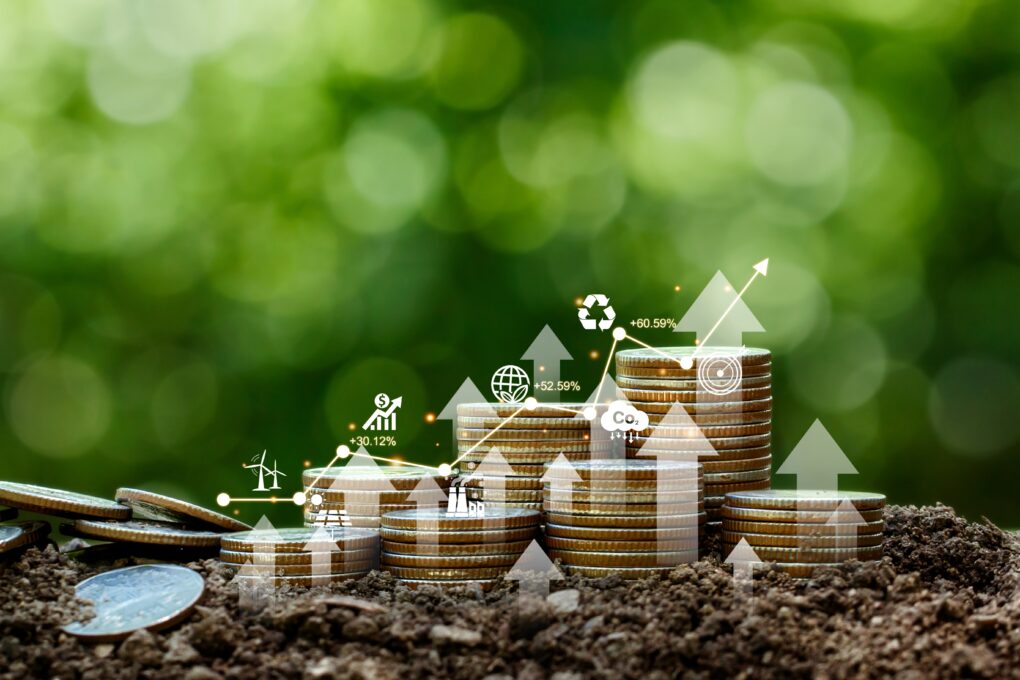
Empowering a Greener Future: The Role of Sustainable Finance in Transforming Society and the Environment
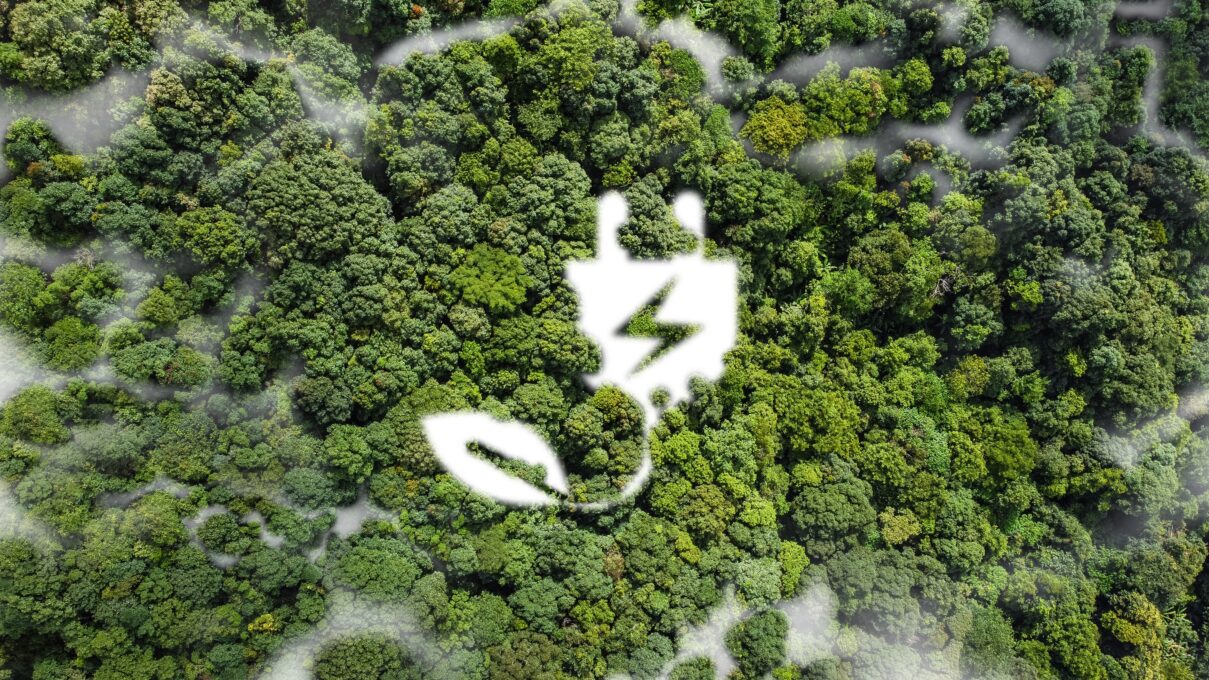
From waste to worth: battery recycling
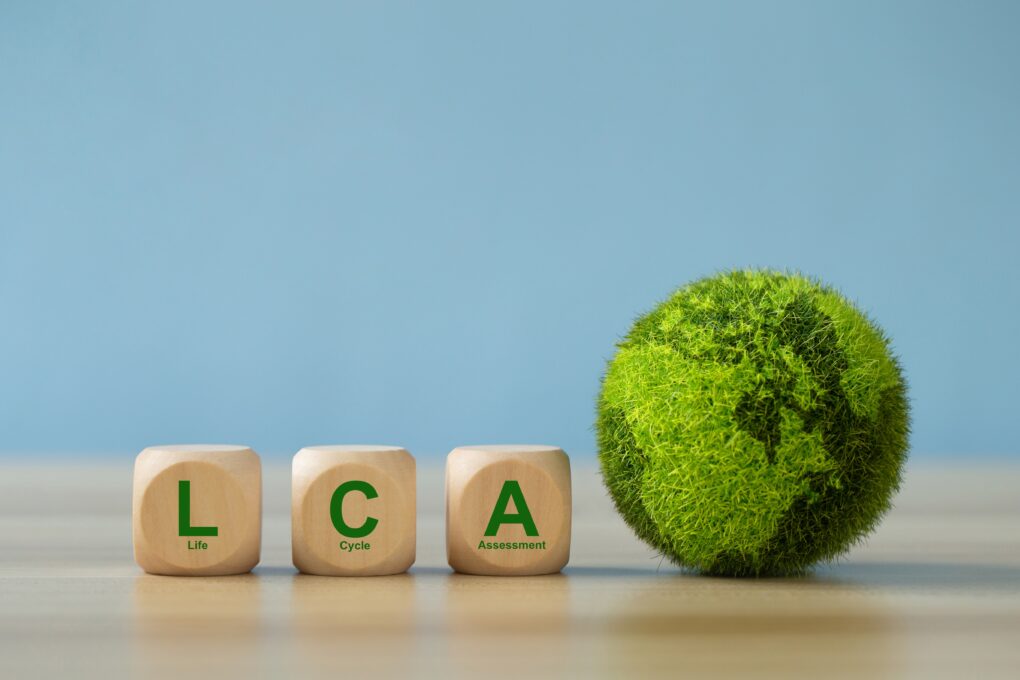
Life Cycle Assessment (LCA): everything you need to know
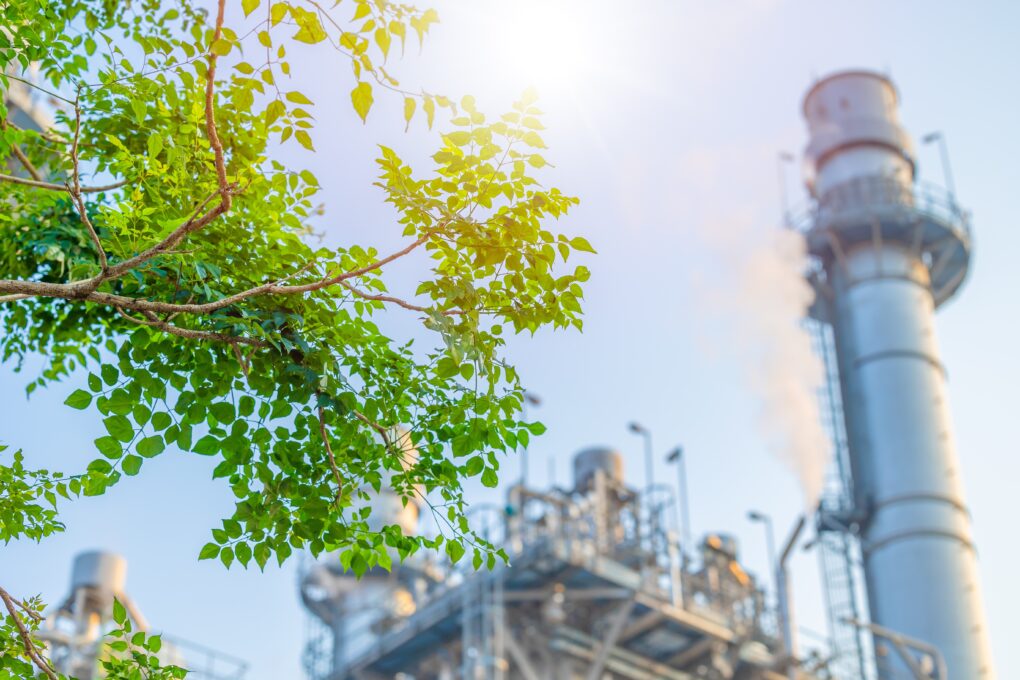
Sustainable manufacturing

How to have a festive and eco-friendly Christmas this year
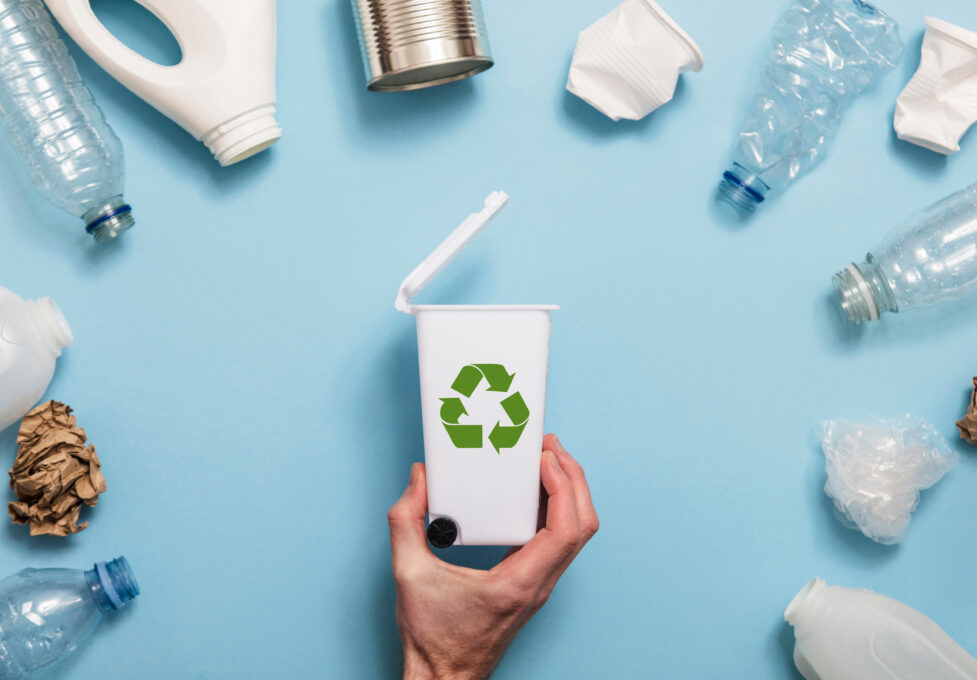
Kinds of plastics, uses and how to recycle

Ways the world can reduce emissions from global transport systems

Four benefits of a circular economy

Better links between waste management, circular economy and climate change mitigation measures can boost greenhouse gas emission reductions
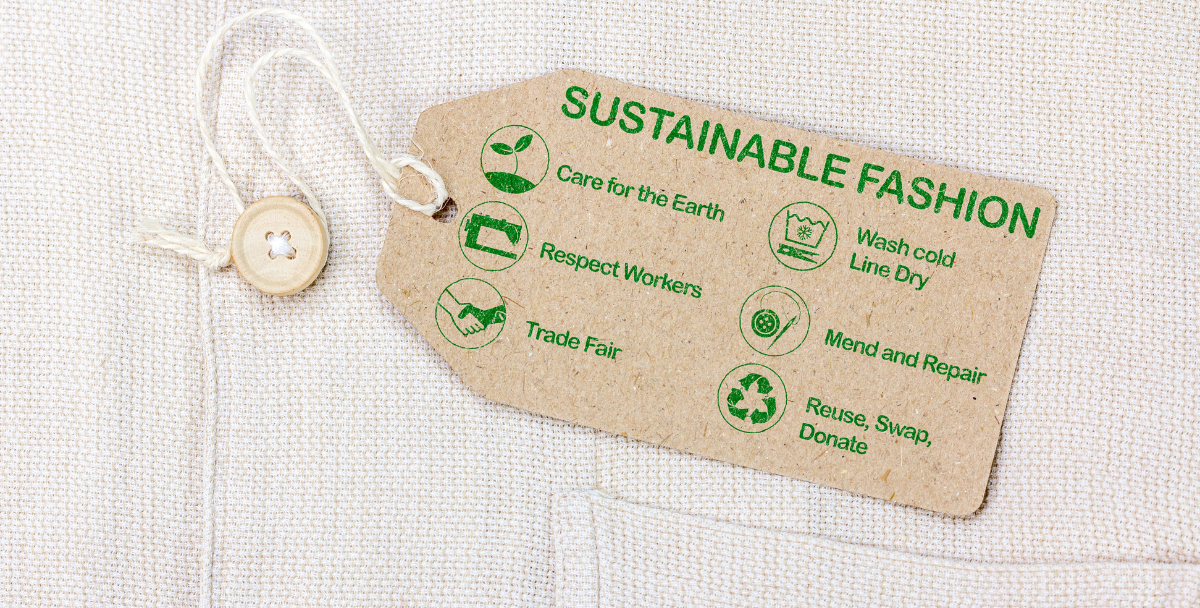
How Sustainability Technology is changing the Fashion Industry for the Better

How does climate risk affect us?

A Health-E start

10 Sustainable Holiday Tips for a Greener Season
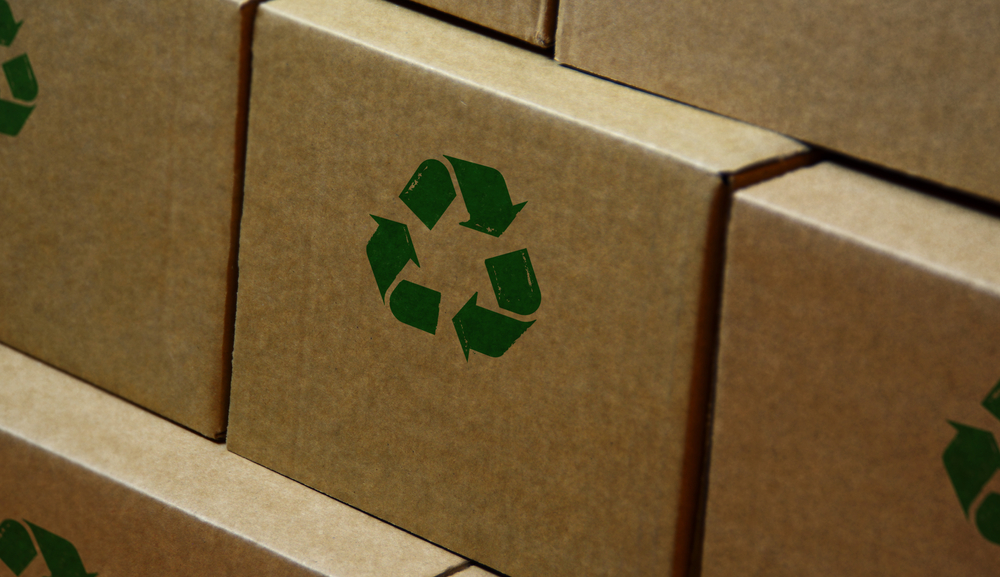
Sustainable packaging

Ways to Prevent Wasted Food at Home
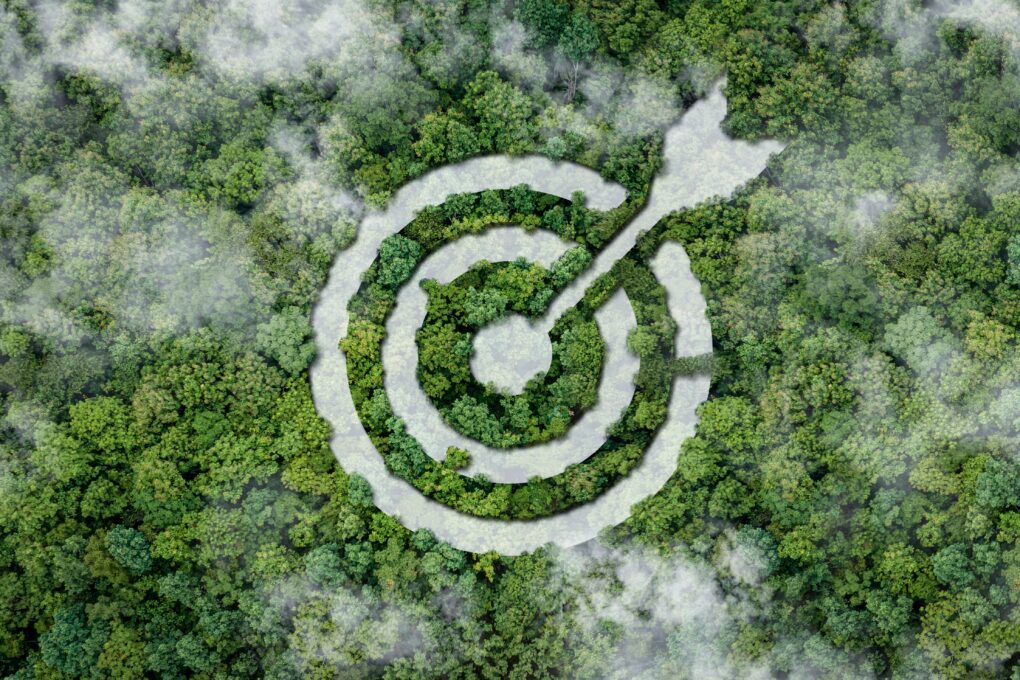
The importance of energy efficiency in achieving climate goals

Why Ecotourism Matters in the Fight Against Climate Change

Digitalization can support shifting to more sustainable transport in Europe

Ways Your Smart Home Can Save Energy

What is the EU doing to implement green washing regulations?
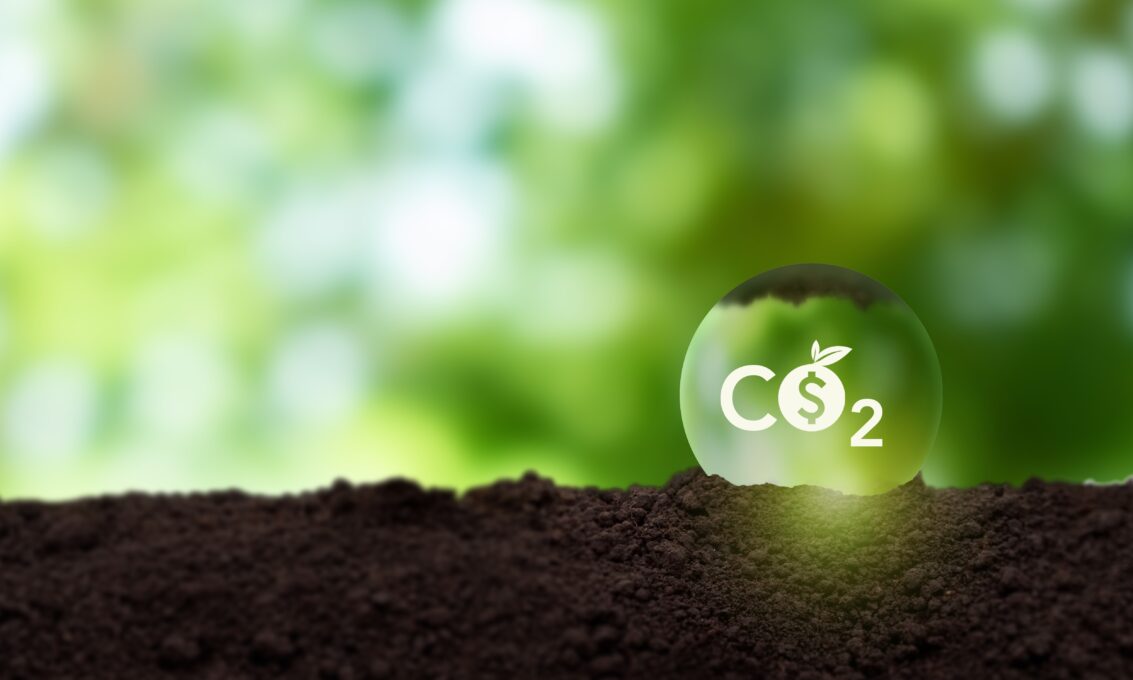
Understanding environmental commodities

Energy sustainability practices at home

How E-waste and electronics recycling helps environmental conservation
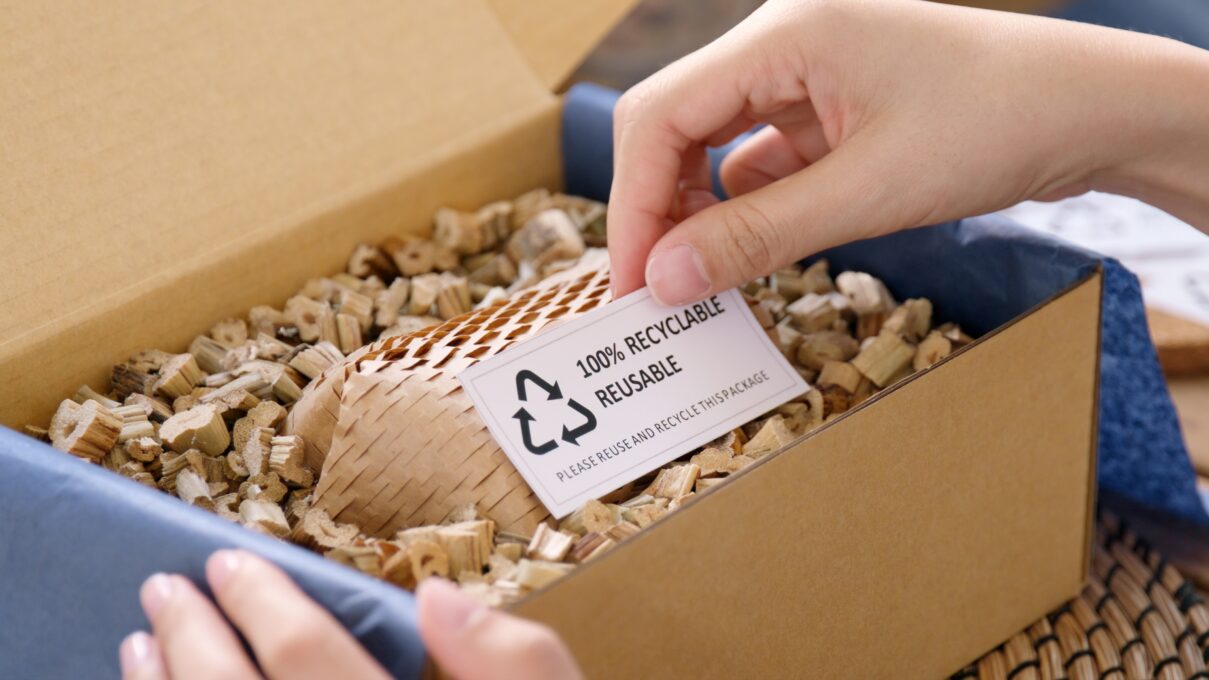
Sustainable products: the key to a greener future

Sustainable Tourism: How to Travel with Minimal Environmental Impact

Eating Sustainably: Five Diet Tips for a Healthy Body and a Healthy Planet
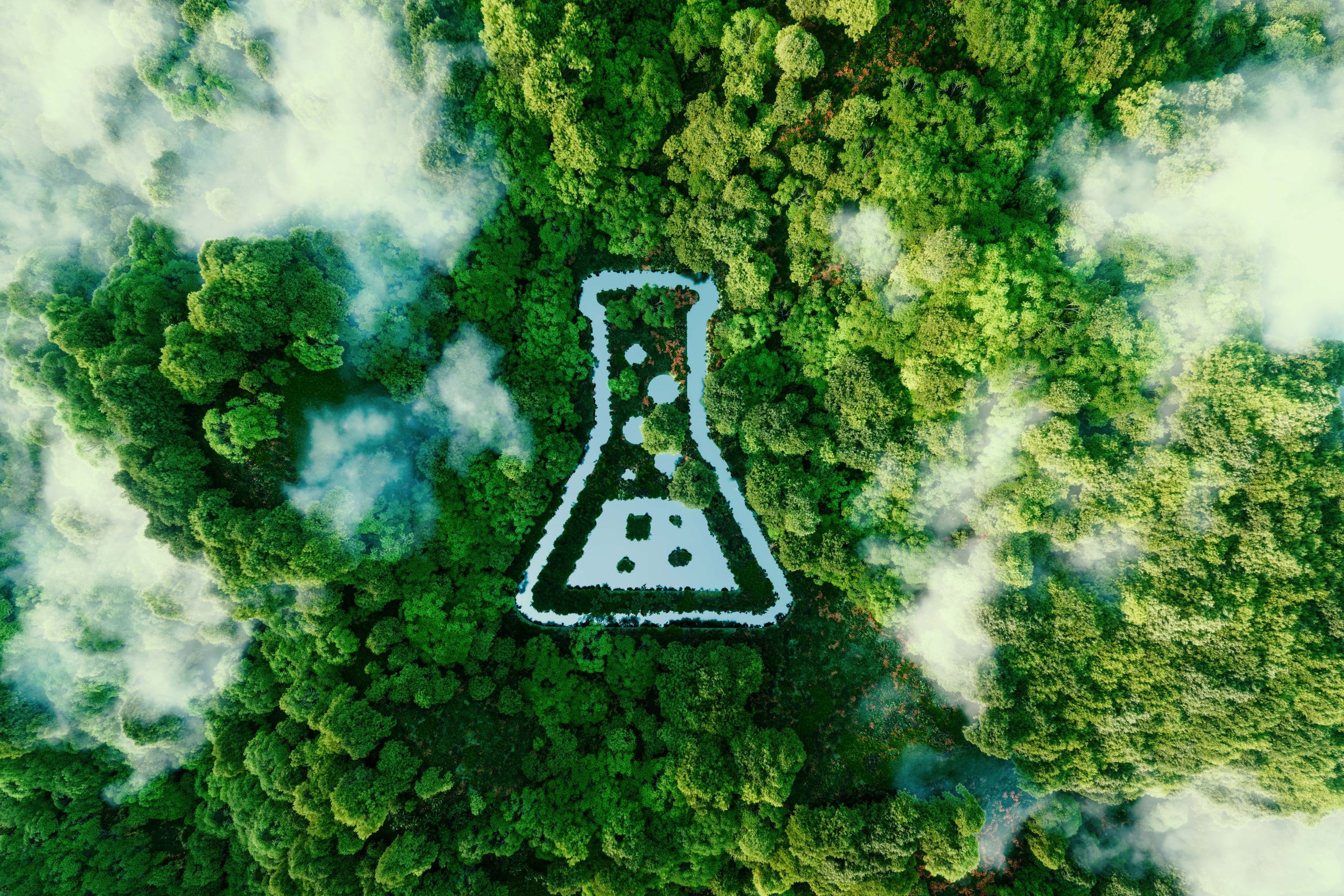
12 main principles of green chemistry

The Transformative Role of AI in the Energy Sector

Ecotourism: What It Is and Why It Matters